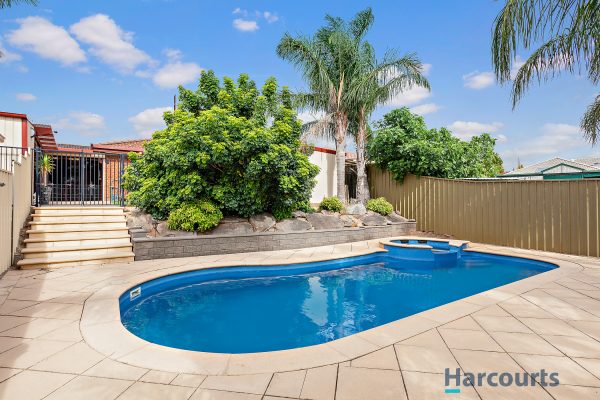It’s a question most homeowners will have lost sleep over: do I sell my existing home before buying its successor, or do I buy my next home and then sell?
Almost every home buyer will need or want to move location, upsize or downsize at some point.
So how do I decide if I should buy or sell first?

What To Consider?
There’s three questions to ask when making the big decision.
1. Do I eat risk for breakfast?
You need to be aware of “what is my risk comfort zone?” as working out if you should buy or sell first could come down to your own risk profile and risk management. I believe if someone has a low to medium risk threshold, selling first works best, particularly in a steady or slowing market and if you can negotiate a longer (45+ day) settlement. There is also a lower financial risk because you know exactly what you have to spend when buying.
For someone with a high risk threshold, buying first may work best in a quickly rising market and if you can negotiate a longer settlement, allowing yourself time to then sell your home at a higher price.

2. Why/what are you buying and selling?
Are you trading homes to be near ageing parents – or grandchildren – in a specific location sooner rather than later? or looking for something unique?
If personal circumstances are pressing, it may be advisable to find a suitable property in a target area and buy it before selling your home, as it may be some time before your desired purchase comes up again.
3. Is the tide rising or falling?
It can also be helpful if homeowners can access both their buying and selling markets’ cycles.
If the market is hot and property prices are rising and selling quickly, you can have a little more confidence to buy first knowing your property is likely to sell pretty easily.

Pros & cons of selling before buying
Potential pros include:
If you can negotiate a delayed settlement it can give you time to buy another property and potentially move into the new place before settling your original property.
There’s less pressure to achieve the sale before a certain deadline.
It stops potential buyers trying to cash in on the fact that you have already bought and really need to sell.
Potential cons include:
If you’re too picky, nothing suitable is on the market or you simply miss out on a few properties, you could end up having to move out with nowhere to go. You can always rent short term, but there’s the added expense and hassle of having to move twice.
Prices might go up after you sell and you might be priced out of the market, or not able to find the dream home for the right price.
You’re at the mercy of what’s on the market at that time.
Pros & cons of buying before selling
Potential pros include:
The possibility of negotiating a conditional offer subject to the sale of your own property.
Not being bound by any financial pressure to commit until you find a property that ticks every box.
In a rising market you can potentially get more for your money, and make more from your subsequent home sale.
Potential cons include:
The extra cost and stress of bridging finance when you have to finance two mortgages at once.
Conditional and “subject to sale” offers can turn off vendors and make them unlikely to negotiate on price.
You might need to make an “above market” offer to to convince an owner to hold the property (and risk) while you sort out your circumstances and subsequent sale

Summary
Each scenario is different and dependent on personal circumstances, however I usually advises clients not to sign a contract to buy another home until a sale is secured on their current home “regardless of how marketable you think your current home may be”.
I have witnessed this a few times and it can get ugly, causing unnecessary stress and added expenditure to secure a property for those involved
It may necessitate the need to obtain bridging finance or the selling of other assets, which complicates things even further and can become very expensive.
I do believe that for most people selling first is the best strategy for reducing stress and cost in the long run.

